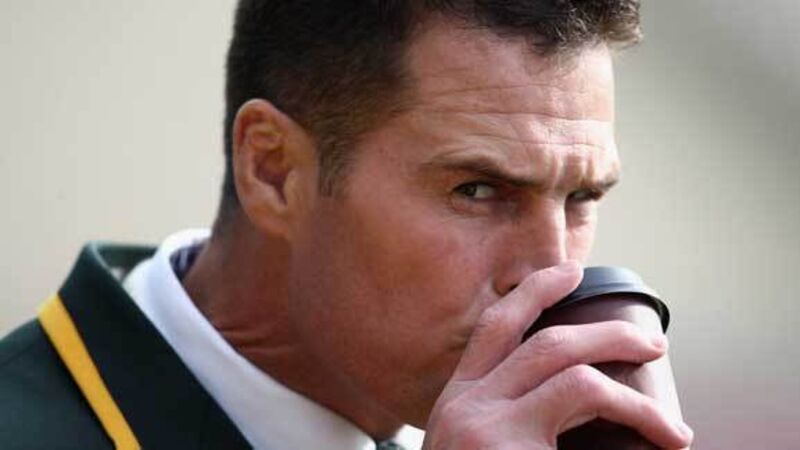Firms can turn things around if they 'Boks' clever and learn leadership lessons from Rassie Erasmus

Aside from performing a tactical masterclass last Saturday in winning the Rugby World Cup, South Africa’s coach Rassie Erasmus also taught us some lessons about leadership that apply equally in business, suggests
Amid failings, shortcomings and disappointment, it is possible toconstruct a dramatic recovery in a relatively short period of time.
















